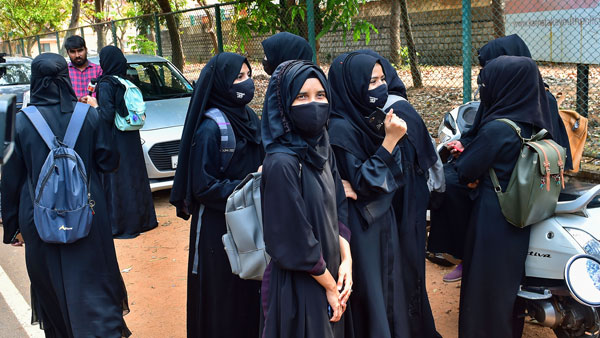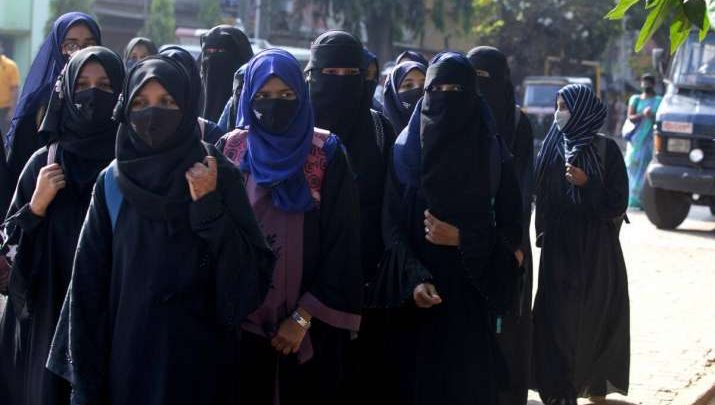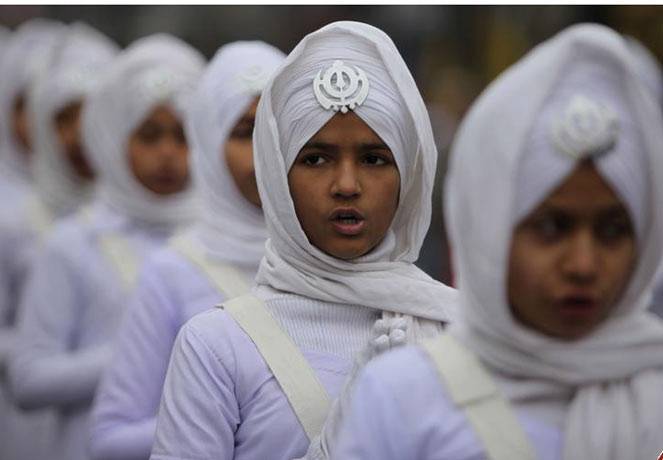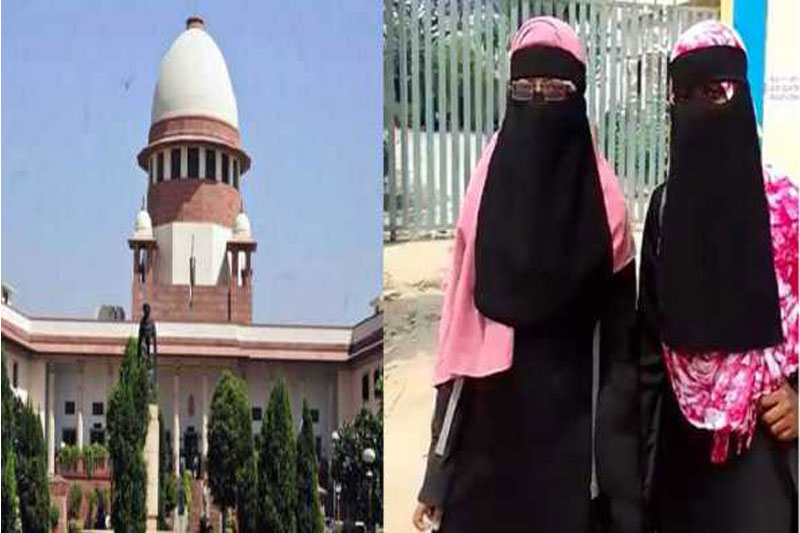Comparing people to Sikhs might not be appropriate, according to Justice Hemant Gupta, because the Constitution recognises the right to carry a kirpan. The judge noted, “So don’t compare practices.” As a five-judge Supreme Court panel ruled that wearing a turban and kirpan is acceptable for Sikhs, the Supreme Court stated on Thursday that there is no connection to be made between the turban and kirpan worn by Sikhs and the hijab.

According to news agency ANI, the comments were made as a bench of Justices Hemant Gupta and Sudhanshu Dhulia heard different petitions contesting the Karnataka High Court decision upholding the hijab ban in educational institutions. Advocate Nizamuddin Pasha, who is studying Islam and Arabic and is representing one of the petitioners, attempted to compare the Kirpan and turban to the hijab.

Mr. Pasha claimed that Muslim girls wear the hijab as a part of their religious tradition and questioned whether it was possible to forbid females from wearing the scarf to school. He continued by saying that turbans are worn by even Sikh students. Mr Pasha emphasised the need to safeguard traditional practices.
Justice Gupta stated that drawing comparisons to Sikhs may not be appropriate because carrying a kirpan is permitted under the Constitution. So don’t compare practises, the court instructed. According to Justice Gupta, there are legal restrictions on turbans, and all of these customs are ingrained in the nation’s culture.

Mr. Pasha makes an effort to use examples of other nations, such as France. We do not wish to be in accordance with France or Austria, Justice Gupta stated. The court declared, “We are Indians, and we want to be in India. In response to the Karnataka High Court ruling, Pasha claimed that Muslim women are protected by the headscarf. The Karnataka High Court’s conclusions that the hijab is a custom are predicated on this notion, according to Pasha. He used a number of religious texts to bolster his claims.

He further contended that the HC’s conclusion that the hijab is merely “recommended” and not “necessary” was a misinterpretation of the footnote. According to senior attorney Devadatt Kamat, not all religious practises are necessary, but it doesn’t mean the state should continue to impose restrictions on them.
Mr. Kamat, speaking on behalf of a different petitioner, informed the court during the hearing that the Karnataka, Kerala, and Madras High Courts had reached different conclusions on the hijab’s status as a fundamental religious practise. According to Mr. Kamat, the Madras and Kerala courts recognised the hijab as a fundamental religious practise, but the Karnataka High Court had a different opinion. He went on to say that “the Karnataka Government Order on the requirement of uniform in educational facilities suffers from non-application of mind.”

